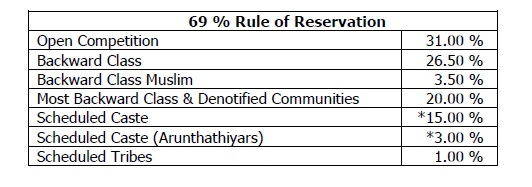7667766266
enquiry@shankarias.in
What is the issue?

References